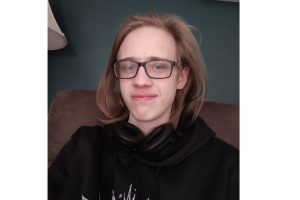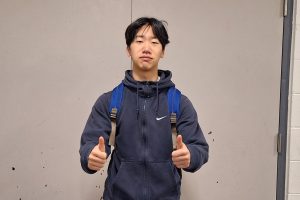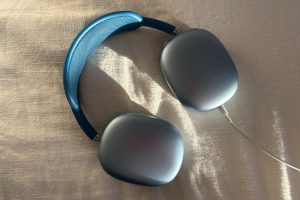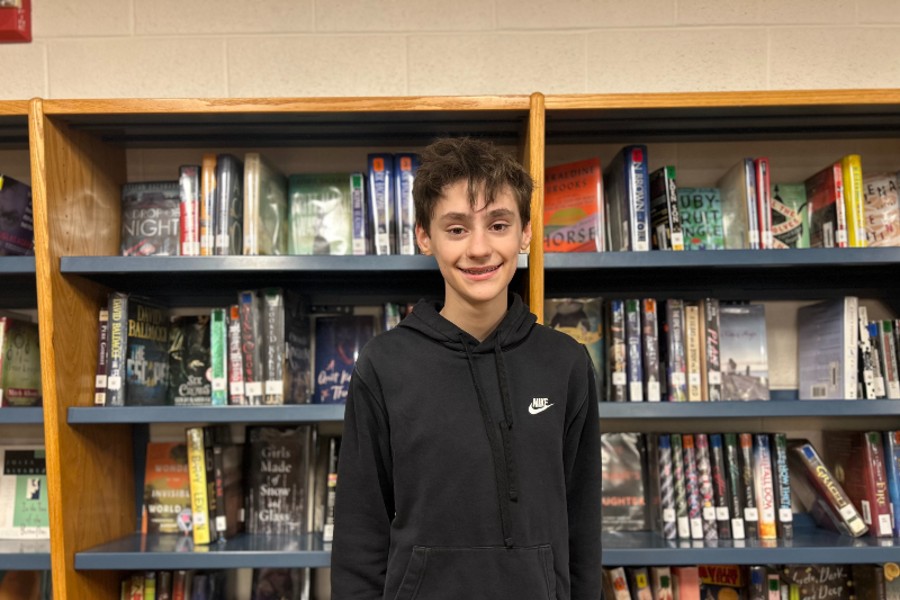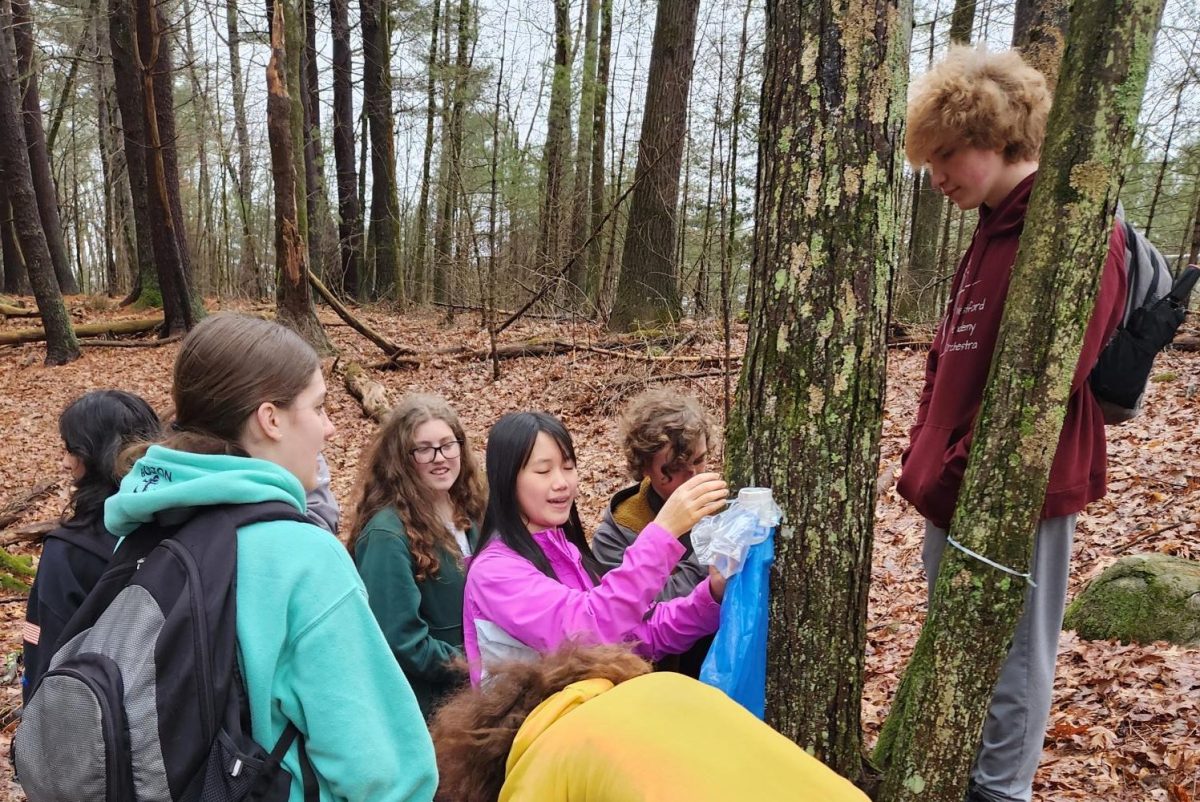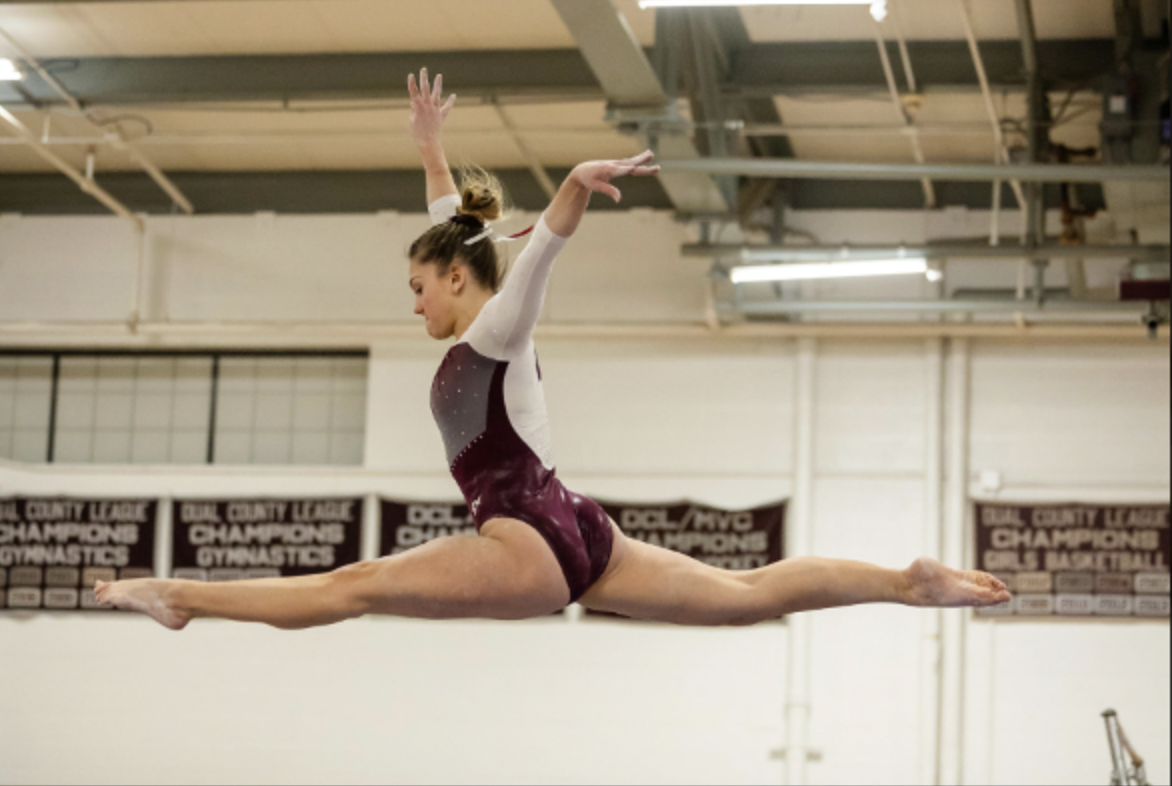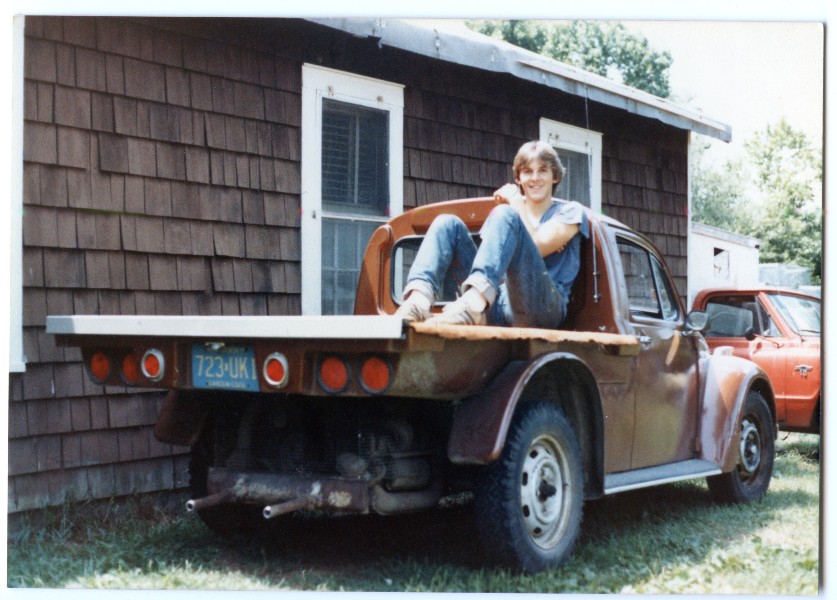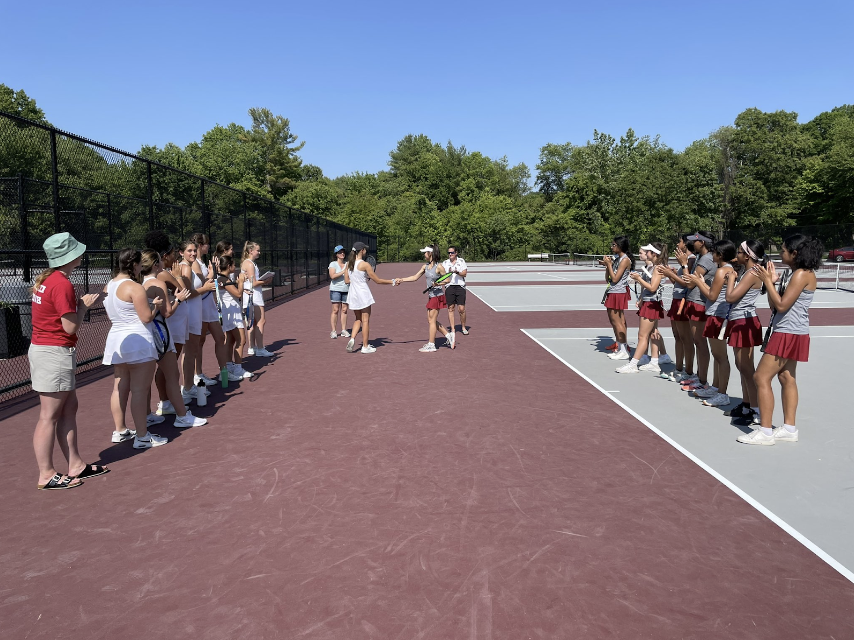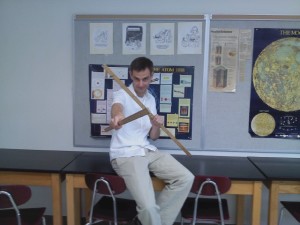
By Craig Brinkerhoff and Doug Boyle
Staff Writers
Stephen Gallant is a new physics teacher at Westford Academy this year.
Q: Besides juniors, what other grade levels do you teach?
A: I just teach the physics course, and that is generally juniors, but also some seniors.
Q: You teach physics, but are there any other classes you want to teach in the future?
A: Yes, actually. I’ve recently had some exposure to biological sciences, and I would be interested in increasing my certifications so that I could, if not teach a biology course, something in between physics and biology perhaps.
Q: So something like Marine Biology or one of those classes?
A: I was thinking something more along the lines of a bio-engineering course where you would have some study of the the human body as a machine, and kind of quantify aspects of human strength and also the weaknesses that people should be mindful of. People should be aware of certain types of movement and certain types of efforts that can put you at risk for injury and serve like a sports medicine.
Q: What made you want to come to WA?
A: Well it’s a great school, and the students are amazing. They have a real interest in doing well, and that’s always nice. The students are motivated to have good grades, and therefore follow along with the lessons. The other thing that’s great about the school is that it’s well appointed, it’s a pleasant place to be, and for me personally – I live in a nearby town . So it’s an ideal location for me, in that regard. That’s probably the main reason.
Q: Why and when did you decide to become a teacher?
A: I had decided to become a teacher while I was working as an engineer. While I found it was a fascinating field, I prefer being around people and hamming it up. Some friends of mine, at the time, were in community theatre, and I found that I really enjoyed the theatrics of that performance. It was a good outlet for somebody who was working in a cubicle all day. To my surprise, more than half of the people in community theatre were teachers, and so just talking to them about what they enjoyed about their work was the reason why I gave some serious thought to changing careers.
Q: How did you go from engineering to physics, because they seem connected, but also really different?
A: Yeah, they are a little different. One is more technology and the applied sciences, versus physics as a pure science. But fortunately at the high school level, they’re not as separate. The amount of physics I had to study and be proficient as an engineer was sufficient for the sort of physics that gets presented at the high school level. But what I did in fact do was I went to school and got a masters in education in secondary science, and through that program I also studied some additional physics.
Q: Have you ever considered teaching middle or elementary school?
A: I have not. The reason for that is that I think that high school is an exciting time, it’s a real transition, and that interests me most. The transition from being just about able to solve your own problems, but still welcoming some support.
Q: What goals do you have for class this year?
A: For myself I’m looking forward to understanding the school better, and being able to do a good job with the rotating day schedule, which is new to me. The long blocks are also a new experience for me. I’m finding it challenging, but I’m looking forward to negotiating the challenge.
Q: What are your hobbies or interests?
A: I like to run. I like fitness in general, but specifically I like to run. It’s a low cost/no cost activity and you can do it pretty much anytime anywhere. It’s also a nice quiet activity where you can, after a busy day, kind of collect your thoughts, or you can try and have no thoughts. So that’s one of my hobbies. I also watch television. Part of the reason I enjoy TV so much is I’m a student of the interactions of people, and while a lot of the characters portrayed on television are caricatures, those characters are informative, and if you find yourself behaving like some sort of character on TV, it’s something to reflect on. Everybody behaves like a character from time to time. So, there are a lot of television shows that I watch where I can identify characters on the show that remind me of either people that I work with or people in my family, and it’s sort of a way to think about those relationships.
Q: So what do you think has been the best part of your transition to teaching from engineering?
A: What I’ve enjoyed the most is the interaction with people, being on stage, and having the exchange of information, but having it happen in a way that’s fun. I find that rather than spending the day with adults who have their own agenda, and they often have more articulated demands of each other, in the classroom the interaction is more informal and more family-like. Working with teens is energizing.
Q: Anything else worth mentioning?
A: After teaching for some time, I had sent so many of my students off to college, after ten years of teaching, that I wanted to do the same. So I actually went back to study medicine, so that’s what I had been doing in between teaching at my last job and my current position.
Q: Where were you teaching before?
A: In Manchester, New Hampshire. And since teaching in Manchester, I went to UMASS Medical School and finished a degree in medicine there in 2011. I worked for a short period of time as an intern physician, and found that that was really amazing work, but I did miss being around happy, healthy people. That’s what I really wanted to come back to. I really found the experience at medical school to be very exciting, and it also taught me a lot about education because you have to be a good student to do well in medical school. Being around my fellow classmates really taught me a lot about what it means to be a receptive learner and to be an active learner. So if I can instill that in my students, to any degree, I think that would be pretty exiting.

